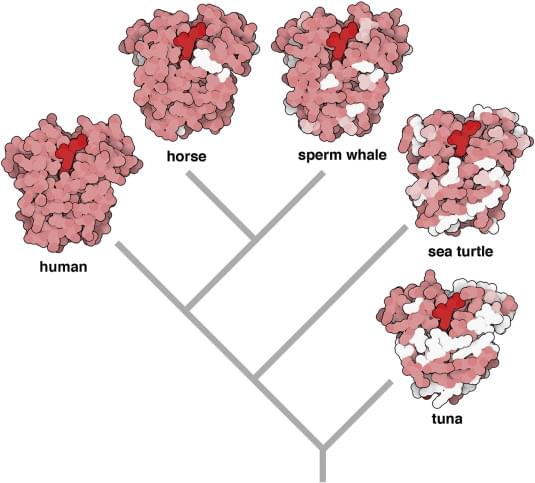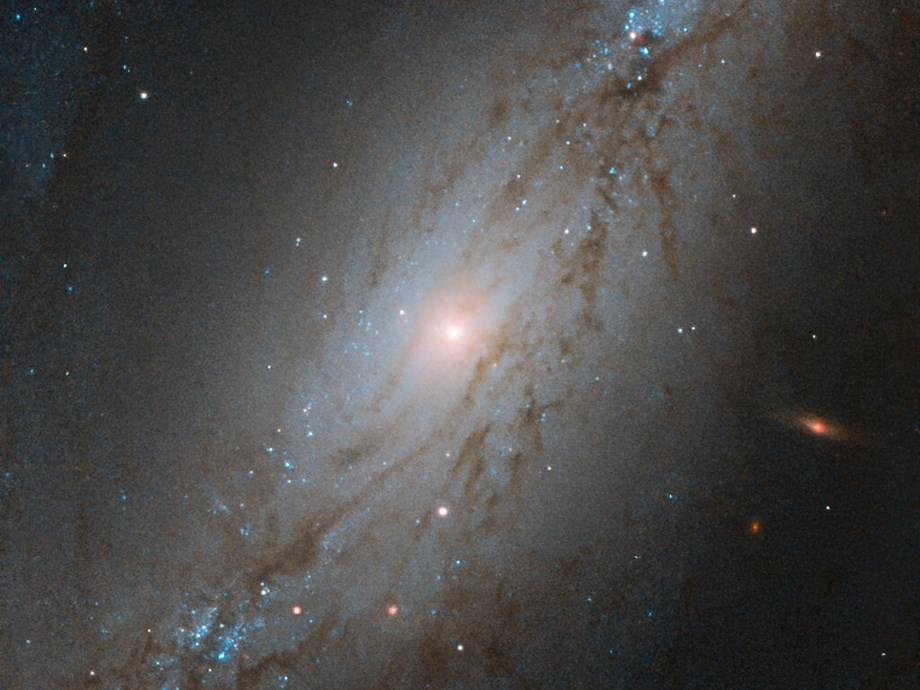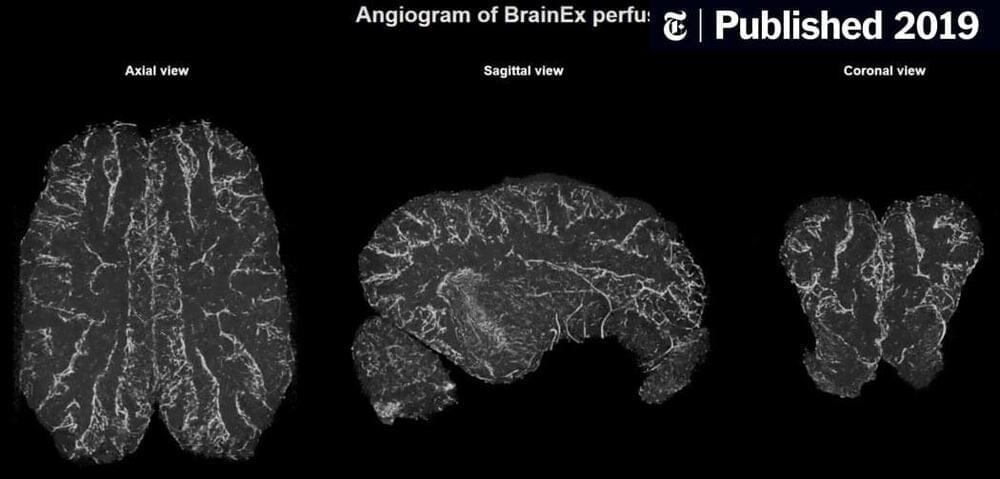Cellular reprogramming builds on the Nobel Prize-winning work of Shinya Yamanaka, who showed that adult cells could be transformed back into stem cells by exposing them to a specific set of genome-regulating proteins known as transcription factors. The Salk team’s innovation was to reduce the exposure times to the so-called Yamanaka factors, which they found could reverse epigenetic changes to the cells without reverting them to stem cells.
While the approach led to clear increases in lifespan in prematurely aging mice, the fact that no one had been able to replicate the result in healthy mice since then raised doubts about the approach. “Different groups have tried this experiment, and the data have not been positive so far,” Alejandro Ocampo, from the University of Lausanne in Switzerland, who carried out the original Salk experiments, told MIT Technology Review.
But now, Rejuvenate Bio claims that when they exposed healthy mice near the end of their lives to a subset of the Yamanaka factors, they lived for another 18 weeks on average, compared to just 9 weeks for those that didn’t undergo cellular reprogramming.







